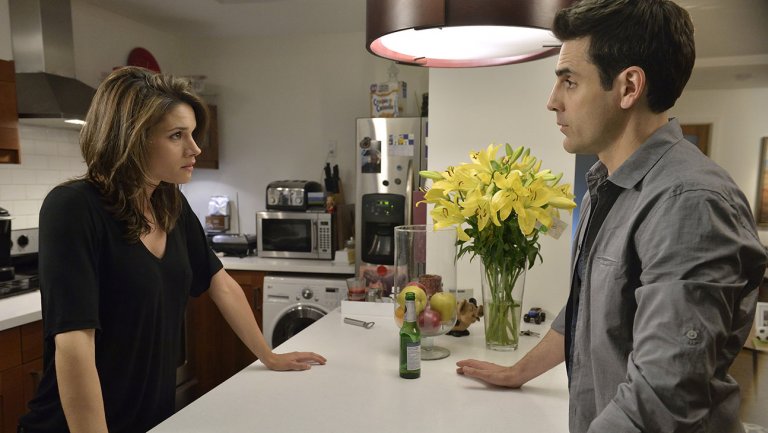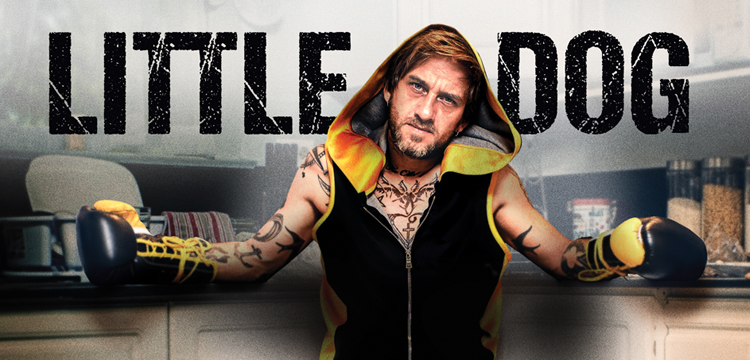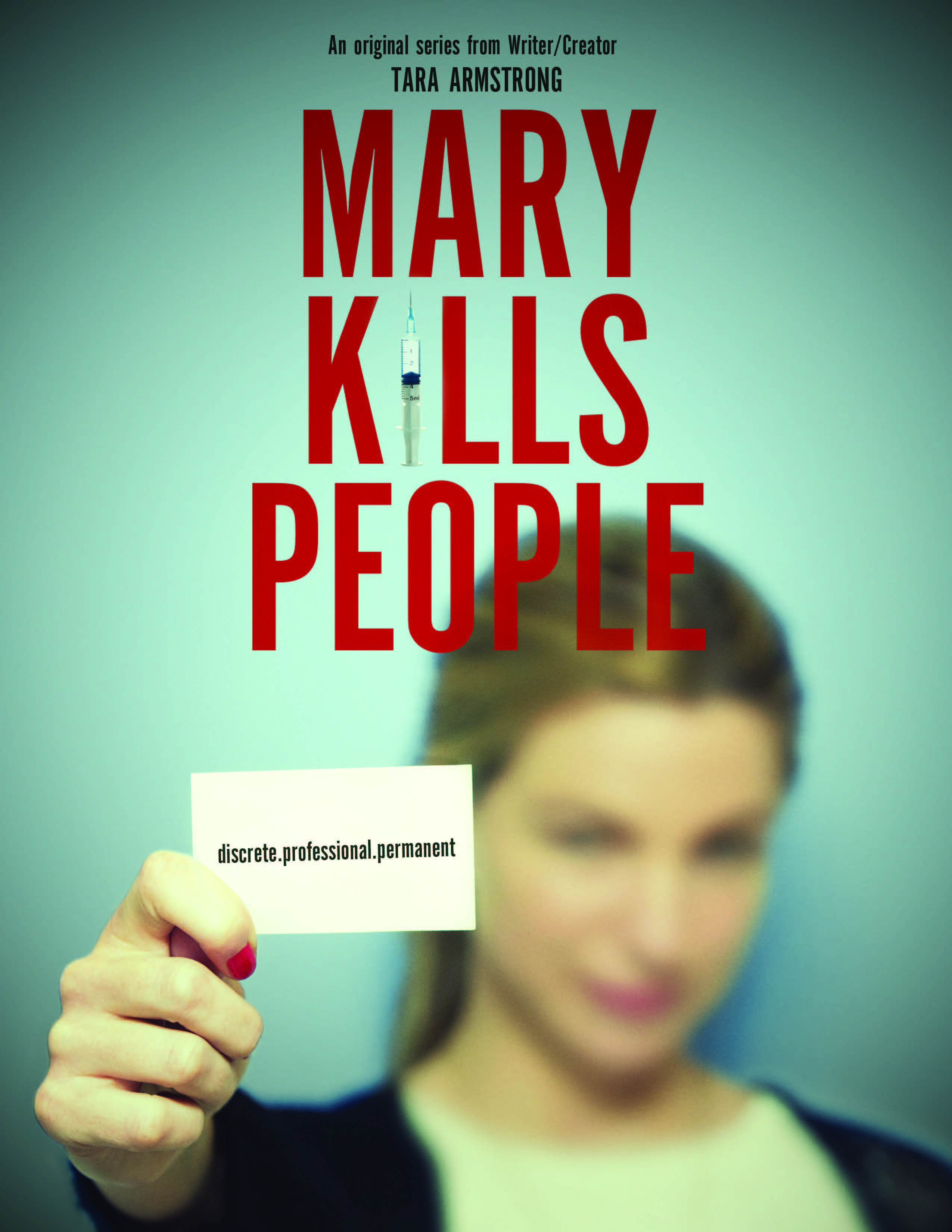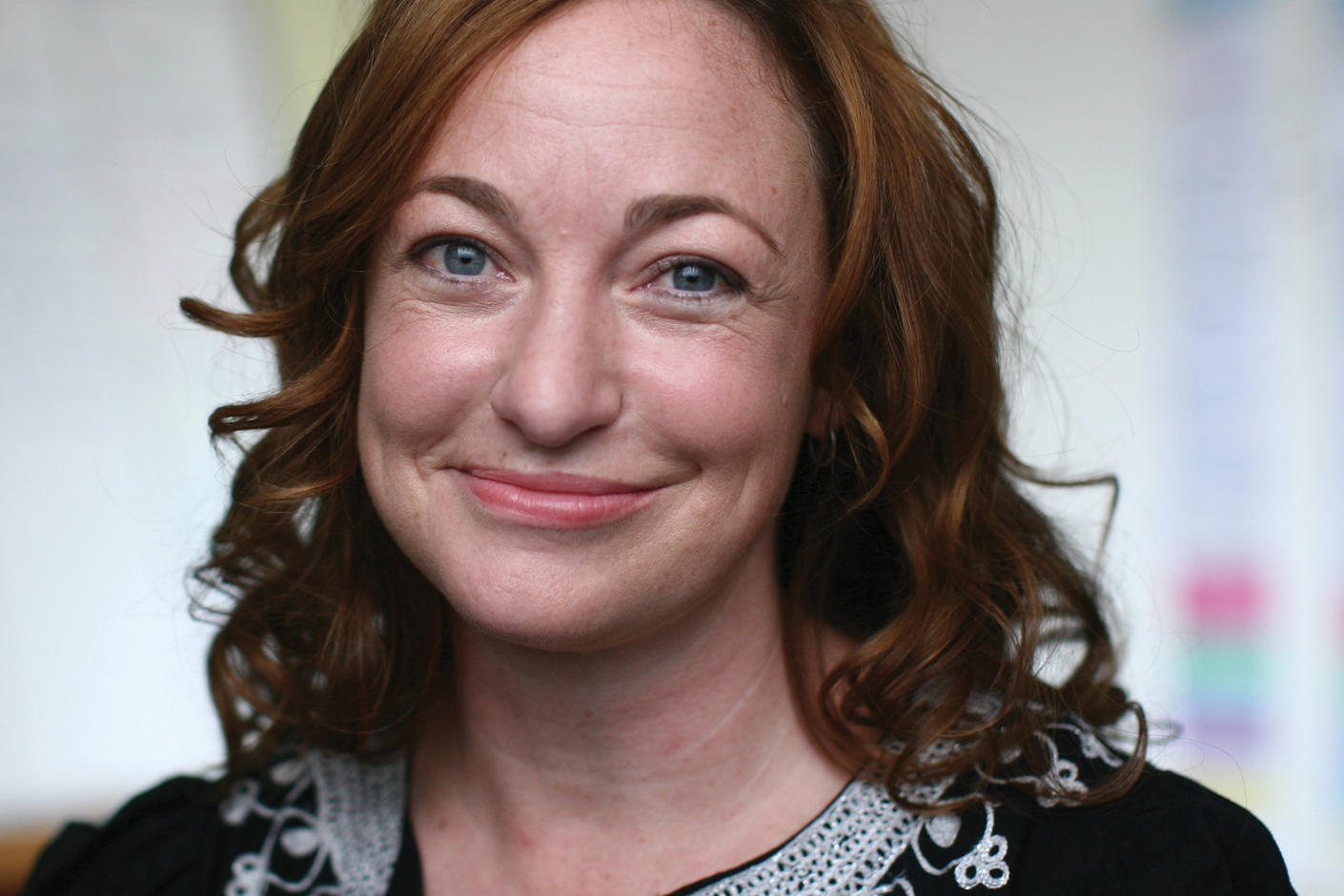Cinema Studies Alumni Series: Tassie Cameron
This article is a continuation of our Cinema Studies Institute Alumni series. You can find our first interview with Stephanie Savage here.
Tassie Cameron is the creator of the hit Canadian TV series Rookie Blue and co-founder of Cameron Pictures Inc. Similar to many undergraduate students, Tassie said that she wasn’t entirely sure what she envisioned for herself in high school. With her strong interest in theatre, poetry and literature, she “imagined [she] would have something to do with words but didn’t quite know what.”
Studying at the University of Toronto
Cameron was a student of Trinity College, studying at the St. George campus in downtown Toronto, and taking courses in various disciplines which ranged from English to Religion to French. When choosing to enrol in her first Cinema Studies class, her initial thought was that it would be an easy way to pass time on campus, though she “realized very quickly that it was as academic as anything else, [and] in fact harder.” However, her passion was sparked, and she told us that her “first Cinema Studies course was incredibly difficult, but [she] loved it.”
It was during her time at the University of Toronto that Cameron recognized her passion for film and television. She felt that the knowledge she was gaining could be applicable in a possible career working behind the scenes. She said that by the time she graduated with an Undergraduate degree in English, she was ready to pursue goals that could lead her into production work.
Remembering back, Cameron recalled “making a list of all the things I loved, including student theatre and poetry and music and fashion and acting and film and television. It made me realize that rather than being a novelist, per se, or an academic, that I thought I might be well served in the entertainment industry.”
Studying Abroad
Cameron received a scholarship from Trinity College to study Film Studies in Paris for a year. She spent the year devoting herself to critical theory research and immersed herself in French culture. Following this incredible experience, Cameron was graciously offered a full scholarship to New York University, where she pursued a Masters in Cinema Studies for two years. She admitted that her main goal in attending NYU was to have the chance to live in New York City—a goal to which I’m sure many of us can relate.
Cameron ended up spending eight years in New York, although chose not to seek her PhD in Cinema Studies. She wanted practical experience in the industry, so she worked from the bottom up, starting as a PA and office coordinator for a documentary film company, as well as an assistant editor and a post-production coordinator in film. Additionally, she was a post-production executive at the film division of HBO New York. All in all, Cameron gained a significant amount of experience immersing herself in multiple aspects of the industry beyond Canada.

Writing Career
“I don’t think ever having [a background in Cinema Studies] is a bad thing for a writer. I think that having such a strong academic background for me has been invaluable and has made me a far better writer.”
When Cameron turned 29 years old, she was determined to seriously pursue a writing career in television. She discussed with us how the jobs she had had up to this point, although excellent learning opportunities, simply hadn’t suited her well enough for the long term. In the end, Cameron wrote a sample script featuring a funny, female, feminist character and was accepted to the Canadian Film Centre. From here, she began writing for Linda Schuyler’s Degrassi in the early 2000s. Cameron was able to give female characters authenticity by addressing topics such as date rape, getting your first period at school, female bullying, and first loves. Cameron says that offering a gendered perspective in such matters was really inspiring for her, though the actual writing process was much tougher than she had imagined, telling us that she “did find it very challenging after [her] masters to switch into a more creative mode of writing because [she] was so critical.” Cameron elaborated on this, admitting that she “spent so many years pulling apart films and scripts and texts and writing critical essays and thinking critically about other people’s work that I almost couldn’t write anything.”
Feminism and Television
“Almost every show I’ve been involved with has a strong complicated flawed female at the heart of it. It’s saying we exist, this is true, this is real…I’m interested in women who are trying to follow their passion and be free.”
Cameron professes to being “a proud and strong feminist.” In her shows, she believes it is important to reflect the diverse experiences of people—whether portraying the complexity of romantic relationships or by exploring non-nuclear families, she said that “smart, engaged entertainment” is her goal. In describing her newest show, Little Dog, Cameron emphasized the importance of creating content that is entertaining and meaningful. In spite of this, she didn’t seek to restrict herself to stories only she could tell: Little Dog, for example, is about the journey of a failed white male boxer in Newfoundland which doesn’t specifically aim to address a social issue. This is part of Cameron’s main goal, to entertain people. Cameron elaborated on this, explaining that she hopes to “deeply entertain and engage people so that they’re talking or thinking about things like assisted suicide, feminism, complicated women, the impossibility of love…”

Reflecting on Rookie Blue
In discussing the main character in Rookie Blue, Andy McNally, Cameron described her obvious flaws at the very start of the show, though insisting that these flaws differ from the main female character in Ten Days In The Valley. In the service of her goal of meaningful entertainment, Cameron ensures that each character she creates is portrayed with a level of authenticity that women can connect with. Cameron said that she feels kinship with the female characters in her shows because they are passionate about their goals and juggle their professional affairs alongside their personal responsibilities.
Cameron also spoke on how proud she was of how the primary love affair was handled between Andy and Sam and the rollercoaster of emotions the audience faced throughout the show’s airing, revealing that the writing team always knew the show would end with Sam and Andy together. Cameron also added that she was proud of the development of Gail’s character realizing that she was gay, admitting that her “favourite genre of film is romantic comedy—when done well. I love happy endings.”
Overall, Cameron emphasized that she “had such a fantastic time on [Rookie Blue] all the way through. It was a blessing and a joy to make that series.” It even reopened opportunities to return to the university as an alumna, as a few scenes from it were

filmed at the University of Toronto. Cameron dwelled on this, saying that she “had a great time coming back—U of T has always been very good to me”
Co-Founding Cameron Pictures
After working on Rookie Blue, she was asked to consult on a number of different projects but felt that being a freelance hire wasn’t satisfying enough. At the end of the day, the projects that she would invest so much emotion into were not her own, and by that point, she had “been sort of mulling over the idea [of starting her own company] for about a year before [she] put it into action.”
Cameron said she wanted to help writers realize their vision and give them a strong platform. The only way she would embark on this next step in her career was with her sister, Amy. Cameron persistently asked Amy, who continually rejected the offer until ultimately agreeing.
Advice to Students
Cameron said that she never thought of her education as a liability. She praised the programs here at Innis College, saying that she gained something from every Cinema Studies course that she took. Breaking down scenes and analyzing how those images are perceived still prove to be crucial skills that she uses today in the editing suite. She stressed that “there [are] so many different kinds of careers that can come out of Cinema Studies and that doesn’t have to be limited to academic work. I didn’t get that at first. I didn’t really see how what I was learning was going to be applicable practically. I thought that they were two separate disciplines and they’re really not.”
Tassie encouraged students to gain the confidence and trust of employers in the industry in order to move up the ladder. She recounts the personal assistants she had while working on Rookie Blue who once babysat her kids or picked up her dry cleaning and are now successful writers in television, pondering on how “getting your foot in the door involves taking as many different jobs and working for as many different employers and companies and shows and producers and writers that you can…and being unafraid to do jobs that appear menial first and being really open to meeting people and being a good person and being noticed.”
